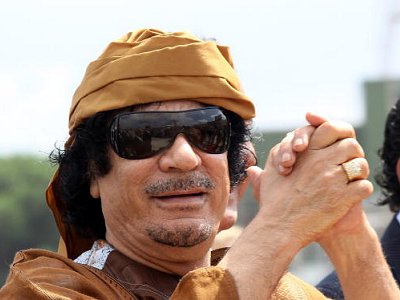
JESUS AND THE STRONGMEN
Puffed up by the sycophancy of courtiers, the literature of autocrats is verbose and boring. The contrast with Jesus could not be starker.
It is harder to find out and out dictators today – Kim Jong-un comes to mind – but the grooves of authoritarianism are deepening across the world. Vladimir Putin, Xi Jinping, Recep Tayyip Erdogan, Abdul Fatah Al-Sisi, Rodrigo Duterte, among many others, project images of hardline certainty. The cult of personality is back in fashion – something, as we have seen in the United States, which can be nurtured in democratic societies as well as any.
The modern authoritarian pays lip service to the political and civic institutions which surround him (it is rarely her). In Xi’s case, even the Chinese Communist Party has been made subservient to his plans. Functioning institutions are less important than cleverly crafted images of strength. If most of the power rests in one person, this person must be projected as all knowing and all powerful; to reassure the nation it is safe in the hands of this one individual, despite all we know about human limitations. They must be seen around the military and their weapons, to bolster strength and intimidate opponents.
This is a turn of events we were not prepared for at the start of the new century, but global ferment – political, economic, social, technological - makes insecure people crave certainty. It is easier to pin hopes on one person than to reinvigorate the complex intermediary bodies which make for a resilient, enduring society. In any case, the authoritarian is careful to extinguish as much of shared civil life as possible, because it is out of this seed bed that ideas and opposition emerge.
The office of the strong man is irresistibly tempting to the pride and controlling nature of people who believe their own myth – precisely the temptations that Jesus faced in the desert. After weeks of hunger and self-deprivation, the devil gets to work on Jesus. He could turn the stones into bread. Like all strong men, Jesus could reserve the best food and chefs for his own delectation. While others went without, Jesus and his entourage would be sleek and well-fed. The angels would protect him from physical harm. Like all strong men, Jesus could surround himself with a loyal militia; shadowy angels who could do his dirty work without any attribution. And all the kingdom of the world could be his. Like all strong men, Jesus could threaten his neighbours and annex other nations. His name would be feared – and revered – across the world.
Behind each of these temptations lies one sin which stares us in the face so shamelessly that we avert our eyes: corruption. This sly, brazen reality has poisoned every society to one degree or another – human beings are all alike – but is most prominent in cultures which lack the systems and the scrutiny which bring it to light. The authoritarian allows those around him to enrich themselves, thus fostering loyalty and complicity with the one in power. In the process, it destroys the bonds of trust and fairness which joins a nation together and shows contempt for the poor.
In Dictator Literature (Oneworld Publications, 2018), Daniel Kalder spends time in the company of the writings of the world’s autocrats. Puffed up by sycophancy of courtiers and deluded by the lies of image makers, the literature of strong men is verbose, ponderous and boring when it is not plain unintelligible. No editor dare prune the prose of the boss. Their audiences are coerced into listening and the strong man need make no effort to inspire when the threat of punishment is at hand.
The contrast with Jesus could not be starker. This man chose a quiet corner of a rural community to preach. He did not compel people to listen; he did not write down a sentence of what was said. The stories are simple and yet profound and speak timelessly to the flaws, fears and aspirations of human beings. They are not bound by place and culture, but continue to challenge and inspire centuries later. It is the language of one who sought not private gain but public service. This is the nature of strong leadership; the antithesis of those who grasp power and want more of it until none is left for others to claim or dispute.
POPULAR ARTICLES

Obama's Covert Wars
The use of drones is going to change warfare out of all recognition in the next decades.

Through A Glass Starkly
Images of traumatic incidents caught on mobile phone can be put to remarkable effect.

What Are British Values?
Is there a British identity and if so, what has shaped the values and institutions that form it?


